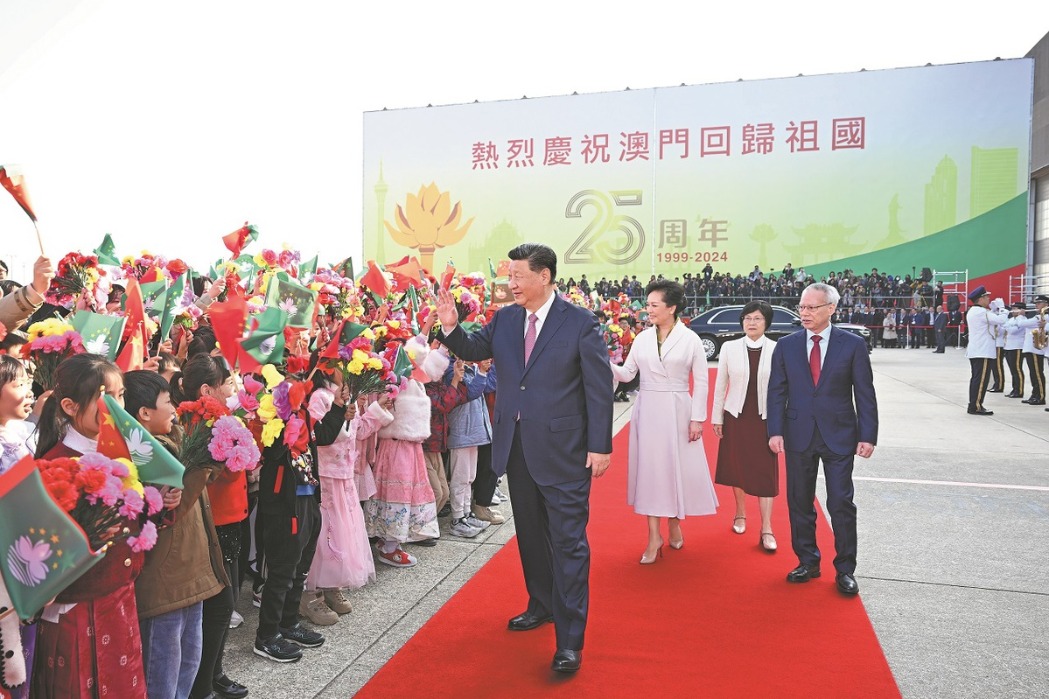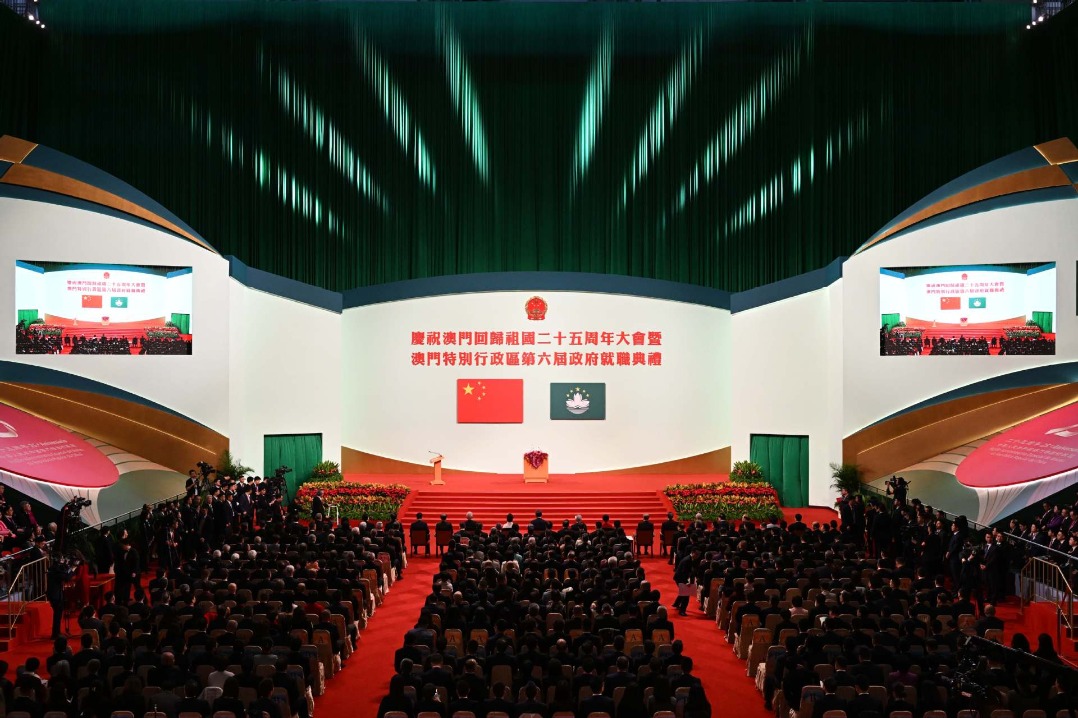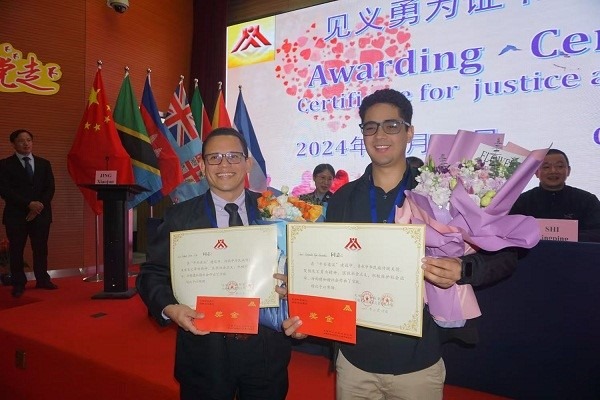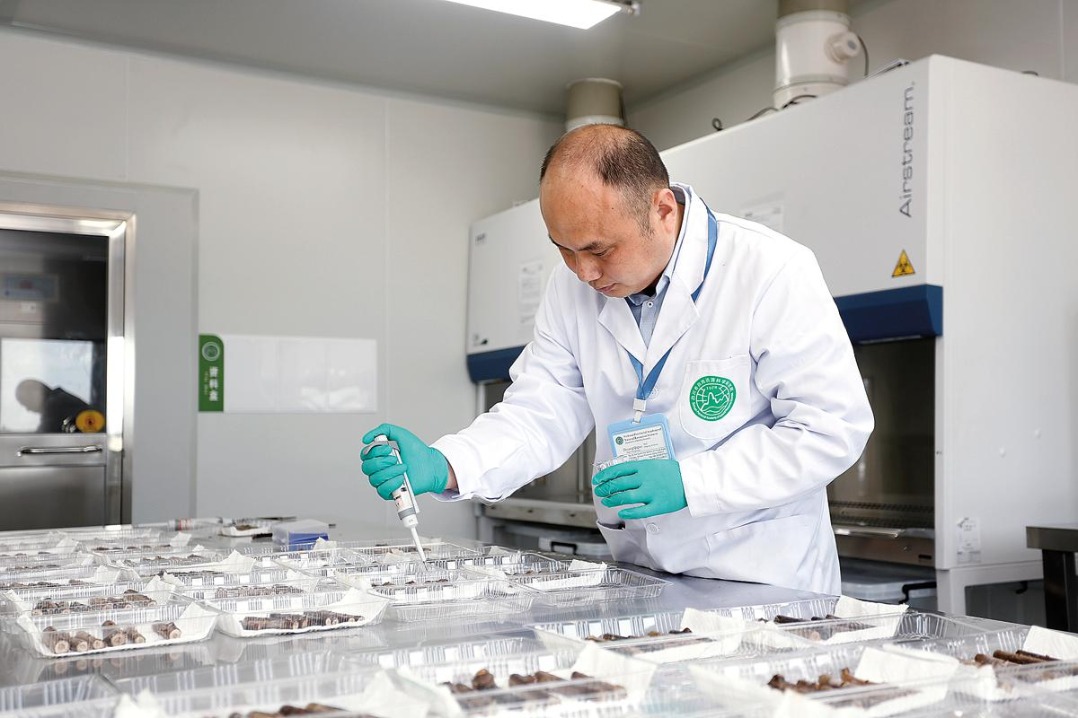Thai student eyes grain gains

Three months from graduation, Nontipa Kla-ngam sees a golden opportunity as she wraps up her master's thesis on a free-trade agreement between Thailand and China. "We are very proud of our rice and I wish more Chinese could try it," Nontipa said.
Agricultural products have been exempted from customs duty, but most Thai rice sold in China's supermarkets is imported through regular channels, without taking advantage of the FTA, Nontipa added. This means at least a 20-percent price differential, which leaves great market potential, she said.

Nontipa was born on the island of Phuket and began learning Chinese at high school in Bangkok. In 2014, she decided to further her studies at the Northwest Agriculture and Forestry University in Yangling, Shaanxi province. "As the major initiator of the Belt and Road Initiative and ASEAN cooperation, China, in my eyes, should be a land of opportunity. That's why I came to study here," she said.
Thousands of years ago, Yangling was the cradle of Chinese agriculture, and it has been home to a high-tech agricultural industrial demonstration zone since 1997. Many of China's agricultural technologies, crop varieties and agricultural management modes originate in Yangling.
On April 1, the China (Shaanxi) Pilot Free Trade Zone was launched, so Nontipa wasted no time in learning about the policies on agricultural imports.
"I am about to publish a paper on Thai rice, so I have an in-depth knowledge of it. I'm familiar with Chinese culture and policies, and I speak fluent Chinese, which gives me many advantages," she said. "I want to start here because I already know Yangling. Even if I fail, I still have friends and teachers here who will take me in and listen to my tales of woe."
In November, the university launched the Silk Road Alliance of Agricultural Education and Scientific Innovation with 59 other universities and research institutions from 12 Belt and Road countries.
Nearly 200 students from Belt and Road countries attend the university, accounting for nearly 90 percent of its overseas students.
Many of those students, like Nontipa, choose to stay in China after graduation, hoping to accumulate more experience in the field.
"I want a career in China. Ultimately, I will go back to Thailand, but I hope I will be 50 years old by then," Nontipa said.
- Death anniversary of Canadian surgeon Norman Bethune commemorated in China
- 1,200 punished for misusing school meal program funds
- China's strong opposition against US arm sales to Taiwan
- Yellow River Basin sees improved ecological environment
- GBA turns into dynamic growth engine for new quality productive forces
- Reproductive health education, fertility services vital to addressing declining birthrates




































